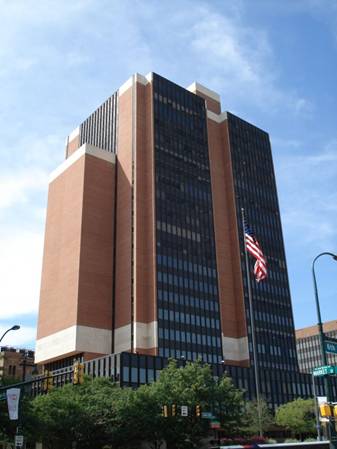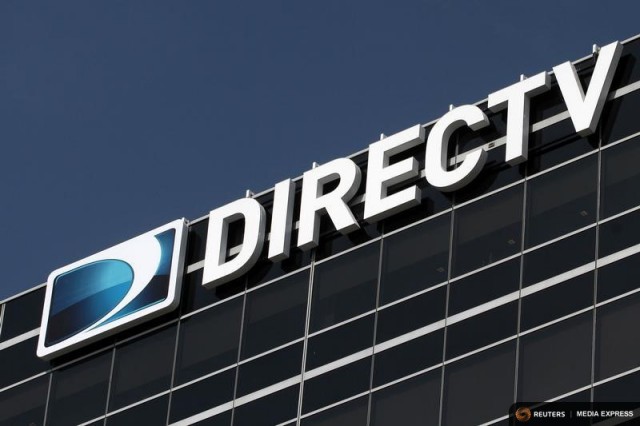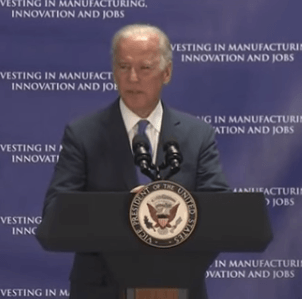
Vice President Biden in Rochester, N.Y.
Vice President Joe Biden and New York Gov. Andrew Cuomo today announced Rochester, N.Y., a city notorious for its slow broadband, will be the home of the $600 million Integrated Photonics Institute for Manufacturing Innovation, a hub supporting the development of photonics — technology that powers everything from fiber optic broadband to laser surgery.
Rochester, the home of dramatically downsized household names like Eastman Kodak, Xerox, and Bausch and Lomb, could see thousands of new high technology jobs created in the western New York city to develop new products and services that depend on light waves.
“The innovation and jobs this institute will create will be a game changer for Rochester and the entire state,” said U.S. Rep. Louise Slaughter, (D-Rochester). “This is a huge win that will shape our region’s economy for decades to come.”
Slaughter reportedly spent three years working to bring the center to Rochester and helped secure $110 million from the Defense Department and another $500 million in state and private sector funding to finance its development. The project could prove transformational for a community ravaged by downsizing, most dramatically exemplified by Eastman Kodak, which had 62,000 workers in Rochester during the 1980s but employs fewer than 2,500 today.
Today, Rochester’s largest employers are no longer manufacturers. Health care service providers now lead the way, including the University of Rochester Medical Center/Strong Health (#1) and the Rochester General Health System (#3). Upscale grocery chain Wegmans calls Rochester home and is the community’s second largest employer. The bureaucracies that power the Rochester City School District and Monroe County Government are also among the area’s top-10 employers.
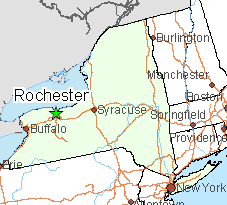 Despite the job shifts, the fact 24,000 workers in the region are already employed in photonics-related jobs may have been a deciding factor in selecting Rochester for the center.
Despite the job shifts, the fact 24,000 workers in the region are already employed in photonics-related jobs may have been a deciding factor in selecting Rochester for the center.
“The photonics center we are now bringing to Rochester will harness the power of the Defense Department and the prowess of Rochester’s 24,000 employee-strong photonics industry and focus it like a laser beam to launch new industries, technologies and jobs,” Sen. Charles Schumer (D-N.Y.) said in a statement.
Employers, small business start-ups and workers moving into the region are likely to be considerably less impressed by Rochester’s incumbent telecommunications service providers. Although institutional and large commercial fiber networks are available to those with deep pockets, with the exception of Greenlight Networks, a local fiber to the home retail overbuilder providing fast gigabit fiber Internet to a tiny percentage of local residents, the area’s fiber future remains bleak.
Time Warner Cable, by far the largest Internet provider in the region, has left Rochester off its Maxx upgrade list, leaving the city with a maximum of 50/5Mbps Internet speed. Frontier Communications still relies on 1990s era DSL service and the anemic speeds it delivers, evident from the company’s poor average speed ranking — 11.47Mbps — less than half the minimum 25Mbps the FCC considers broadband.

Rochester is hardly a broadband speed leader in New York State, only managing to score in 332nd place. (Image: Ookla)
The performance of the two providers has dragged Rochester’s broadband speed ranking to an embarrassingly low #336 compared with other communities in New York. Suburban towns in downstate New York enjoy more than twice the speed upstate residents get, largely thanks to major upgrades from Verizon (FiOS) and Time Warner Cable (Maxx). But even compared with other upstate communities, Rochester still scores poorly, beaten by small communities like Watertown, Massena, and Waterloo. Suburban Buffalo, Syracuse, and Albany also outperform Rochester.
In contrast, in Raleigh, N.C., home to the Power America Institute — another federal manufacturing center — broadband life is better:
- Raleigh is a Google Fiber city and will receive 1,000/1,000Mbps service for $70 a month, around $20 more than what Time Warner charges for 50/5Mbps with a promotion;
- Raleigh is a Time Warner Cable Maxx city with free broadband speed upgrades ranging from 15Mbps before/50Mbps after to 50Mbps before/300Mbps after;
- Raleigh is an AT&T U-verse with GigaPower city with 1,000/1,000Mbps service for $
12070 a month.
This article was updated to correct the pricing of AT&T U-verse with GigaPower in Raleigh, N.C., with thanks to reader Darrin Evans for the corrected information.


 Subscribe
Subscribe Are you paying Windstream for
Are you paying Windstream for 
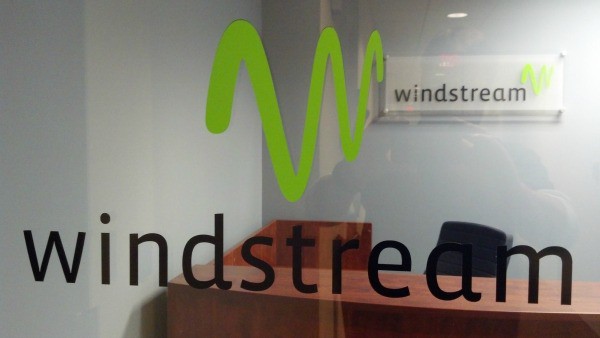


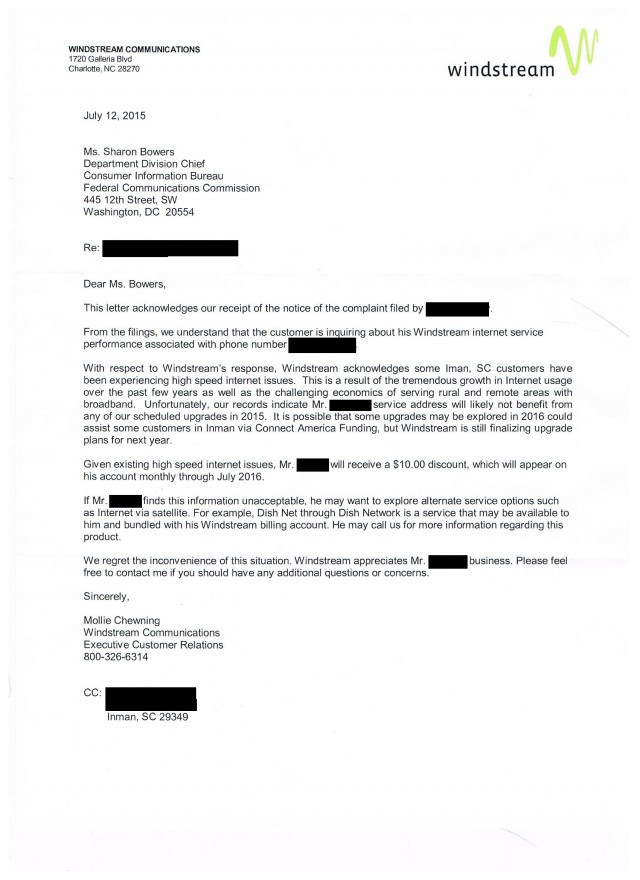
 A Philadelphia woman is
A Philadelphia woman is 